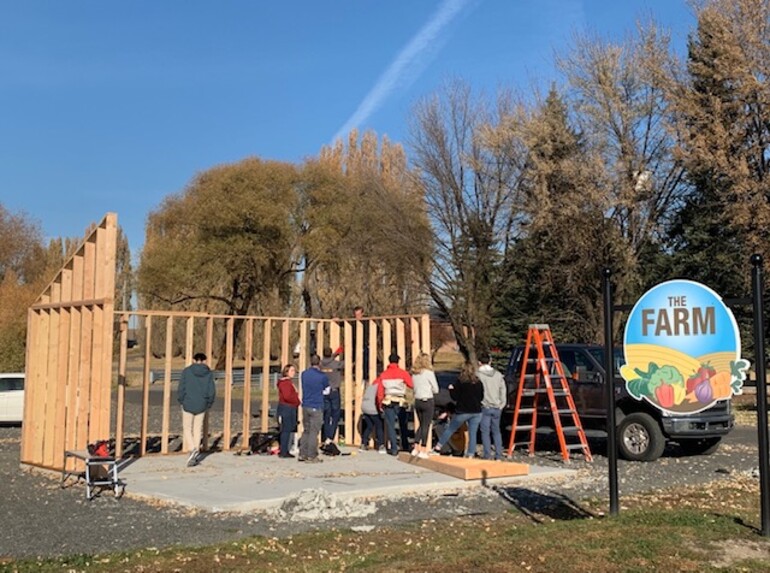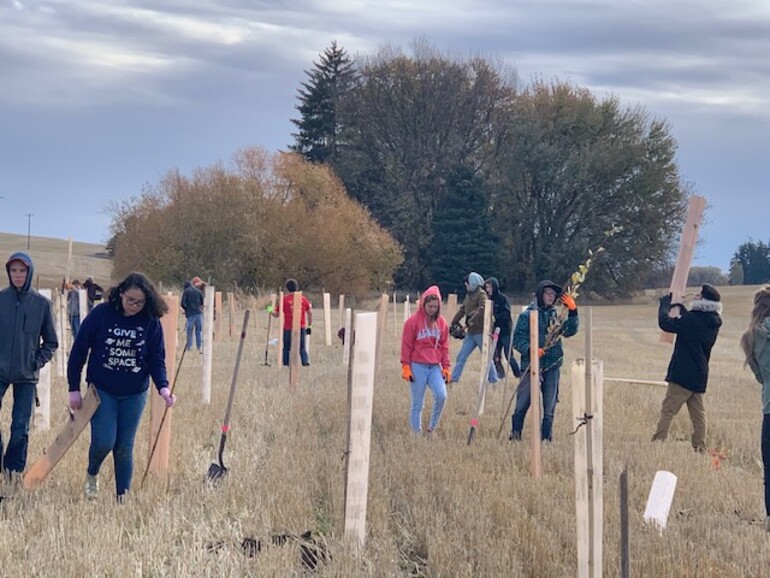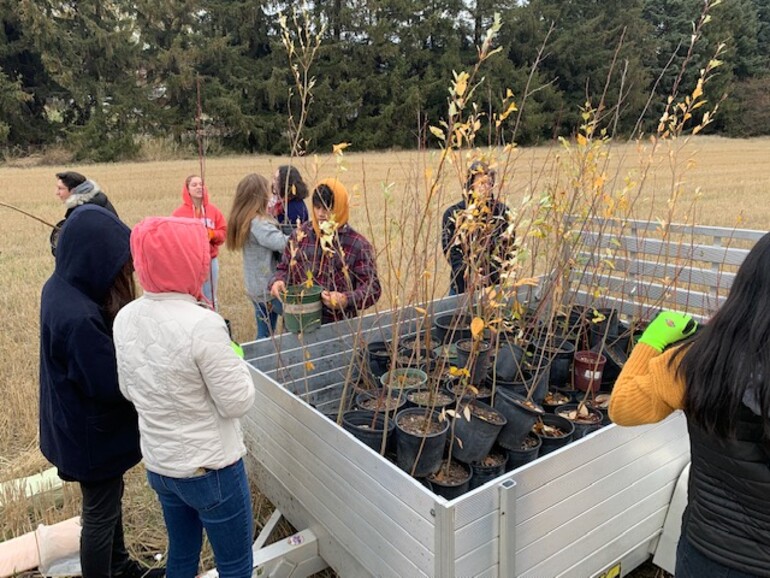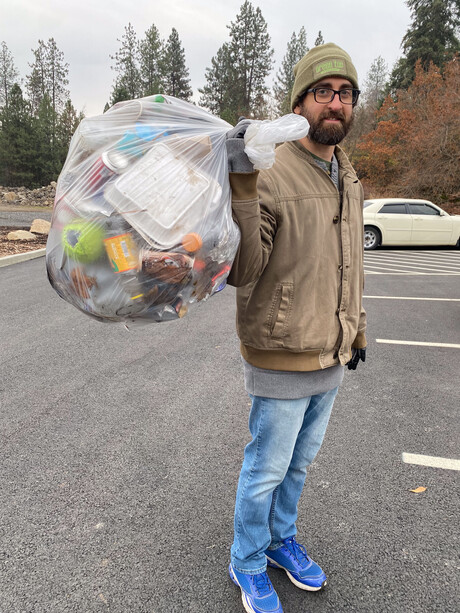Students at Upper Columbia Academy in Spangle, Washington, have the opportunity to experience a dynamic classroom approach that encourages problem solving, critical thinking and decision-making skills in real-life situations. Known as project-based learning, this innovative teaching and learning model is sparking creativity across the campus.
Loma Linda University's Excellence in STEM Experiential Education (EXSEED) Conference last summer inspired teachers to create interdisciplinary projects. Michelle Melendy, UCA freshman English teacher and school counselor, challenged her class to use data from mental health surveys to identify concerns on campus and brainstorm solutions. They decided to publish a monthly mental health newsletter and divided into small groups in which they worked together to research, write copy and create designs.
In all, Melendy and her students produced 18 newsletters on topics such as depression, dating and social anxiety. “Becoming an author instills confidence in one’s writing ability, and the students are curious to read about solutions to real-life problems from their peers. Writing for an audience brings purpose and meaning to classroom skills, which would feel tedious if they were just on a worksheet,” says Melendy.
Science teachers Judy Castrejon and Donivan Andregg involved their classes in a project with the Lands Council, a nonprofit organization based in Spokane, to restore a portion of Spangle Creek, which runs through UCA’s campus. “The goal is to reestablish the creek bank to protect aquatic life,” says Andregg. Begun last school year by Castrejon’s classes, the project will continue to engage students and positively impact the landscape and the community for years to come.
The home renovation class recently designed and built a roadside produce stand. This stand provides an opportunity to market and sell the lettuce and microgreens grown in UCA’s greenhouse by the 21st-century farming class. To learn more about this project and others, visit ucaa.org.












